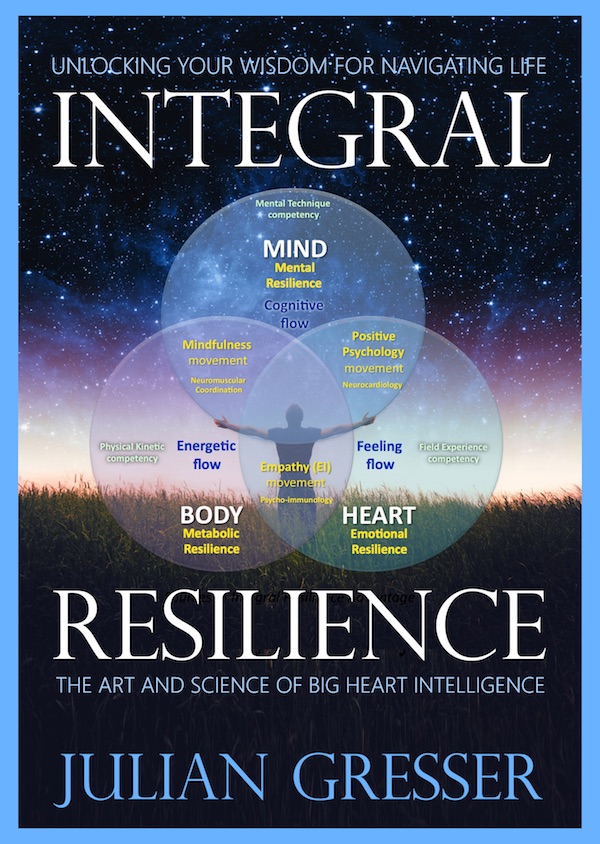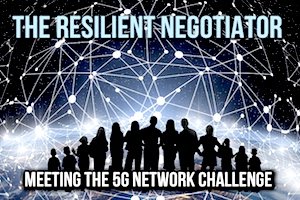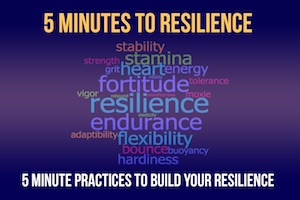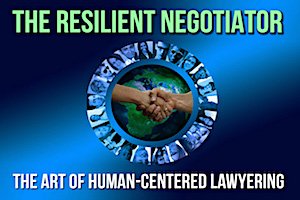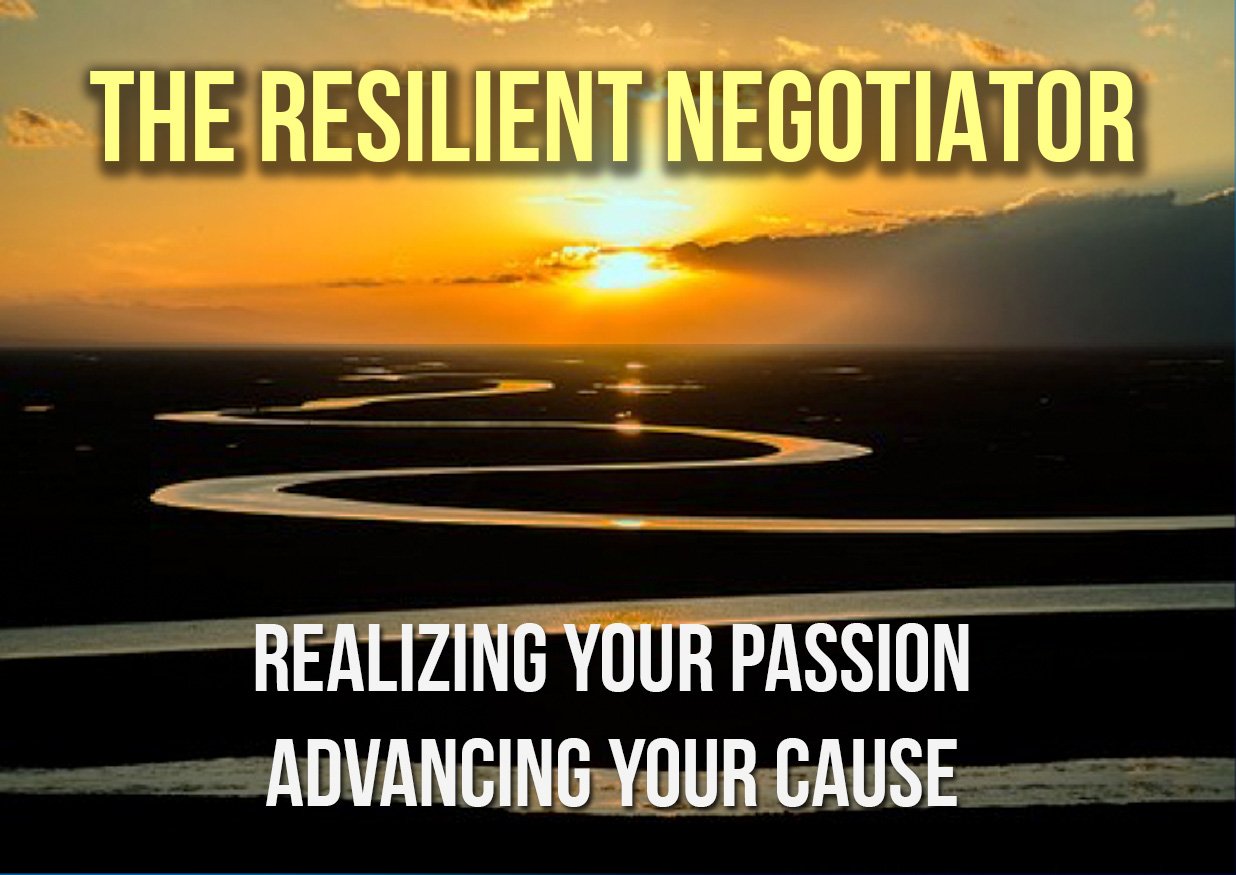ILAN June 24, 2020 Meeting Summary
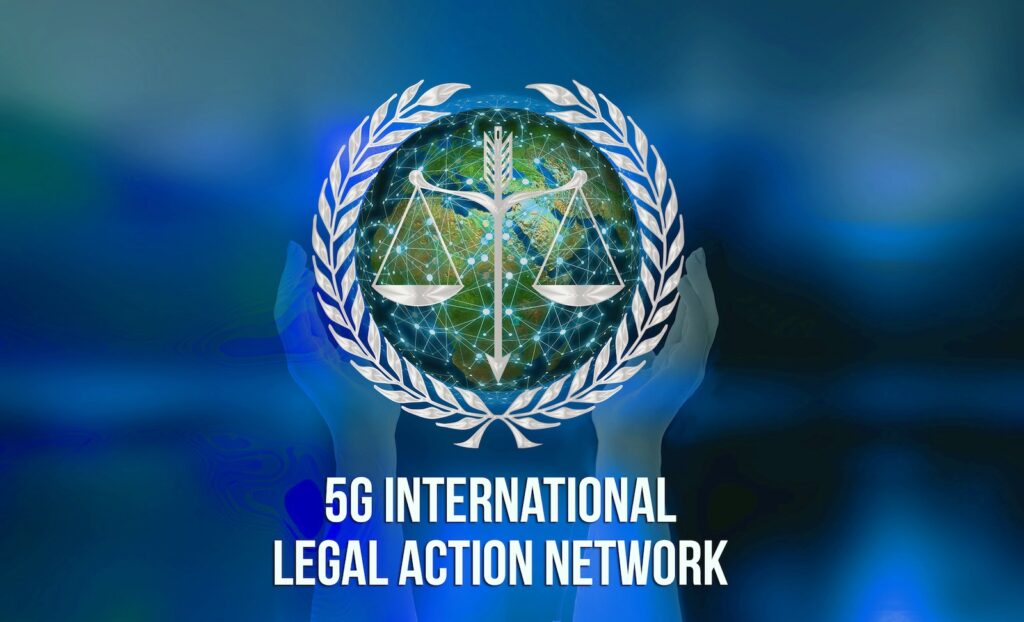
The meeting explored the following Discovery Questions:
“We don’t deal with humans, only frequencies.” (FCC Spokesman—quoted in Children Health Defense v. FCC Petition)
Discovery Questions
- As lawyers and advocates, how can we help to give an eloquent voice to the cries of those suffering around the world from RFR exposure?
- In personal injury actions, how to overcome Motions to Dismiss and at last get before juries?
- How to shift the burden of proof in the face of scientific and medical uncertainty?
- Where are the points of legal leverage in checking unbridled administrative arrogance?
- How to build bridges and find common ground with millions of concerned citizens and organizations around the world?
- How to create a legal architecture to enable the finest, most life enhancing innovations rapidly to reach the market?
- In a hyper-polarized world where is the path of balance and compassion?
Member Comments:
- Sue Grey, a New Zealand lawyer, reported on the challenges facing the public in New Zealand to raise governmental awareness about the risks of RFR to health and the environment.
- Ariel Strauss, a California lawyer, provided a summary of the salient points in the recently passed Encinitas City Ordinance.
- Zev Friedlaender, an Australian barrister, reported on a novel process in which his clients have been establishing an enforceable debt obligation against 5G companies that ignore Cease and Desist letters warning about the consequences of implementing 5G installations without homeowner consent.
- Christian Oesch in Switzerland discussed the Swiss and French laws relating to public referenda requiring certification of 5G safety; the discussion then moved to recent RFR workers compensation cases in Italy including the Turin decision.
- Christen Jensen in Denmark then provided a brief analysis of the European Council’s policy statement, including a provision which intimates potential criminal liability for “false claims” challenging the safety of 5G. The legal question discussed is whether this provision will have a chilling effect on free expression, violates international human rights law, recognized by treaty, and whether an action should be brought challenging this policy in the European Court of Human Rights.


